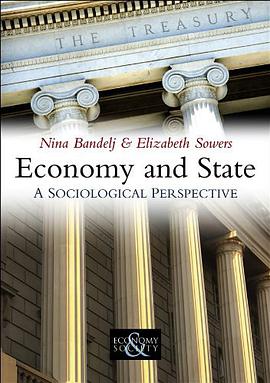Economy and State 豆瓣
作者:
Nina Bandelj
/
Elizabeth Sowers
Polity Press
2010
- 6
Should governments be involved in economic affairs? Challenging prevailing wisdom about the benefits of self-regulating markets, Nina Bandelj and Elizabeth Sowers offer a uniquely sociological perspective to emphasize that states can never be divorced from economy. From defining property rights and regulating commodification of labor to setting corporate governance standards and international exchange rules, the state continuously manages the functioning of markets and influences economic outcomes for individuals, firms and nations. The authors bring together classical interventions and cutting-edge contemporary research in economic sociology to discuss six broad areas of economy/state connection: property, money, labor, firms, national economic growth, and global economic exchange. A wealth of empirical examples and illustrations reveals that even if the nature of state influence on economy varies across contexts, it is always dependent on social forces. This accessible and engaging book will be essential reading for upper-level students of economic sociology, and those interested in the major economic dilemmas of our times..


